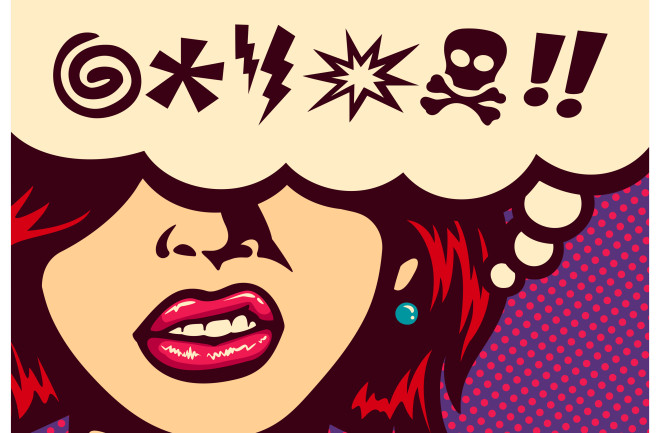This article was originally published on Jan. 14, 2020.
Well, damn. Maybe you stubbed your toe first thing in the morning. Or some thoughtless commuter forced you to slam the brakes on the drive to work. Perhaps you’re just fed up with it all and feel like sinking to your knees and cursing the heavens.
If you’ve ever suppressed the urge to unleash a string of obscenities, maybe think again. Some research suggests that it might be a better idea to simply let the filth fly.

